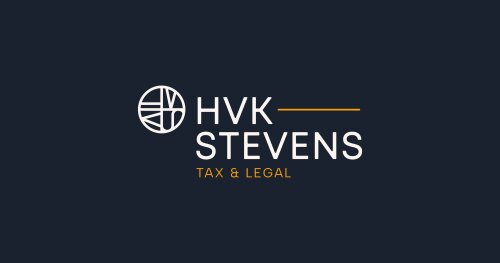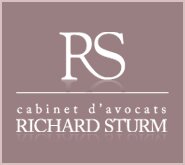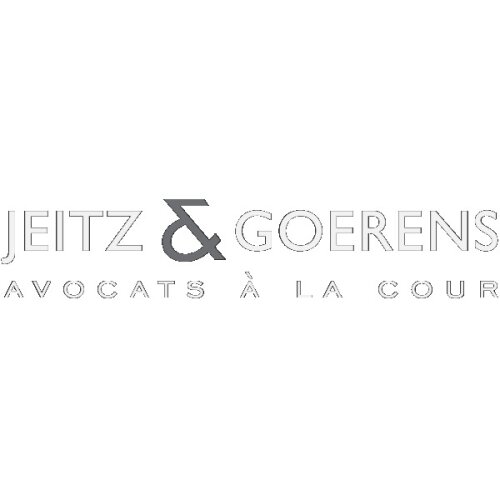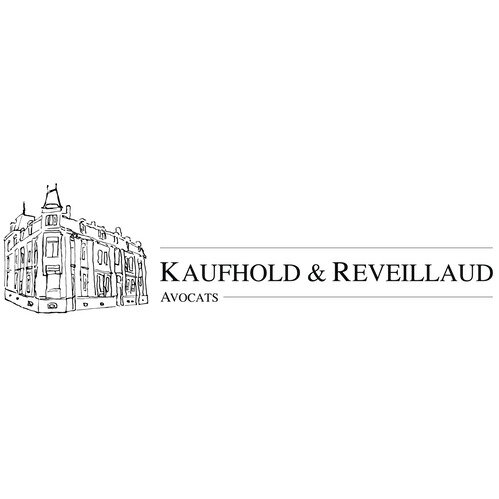Best Structured Finance Lawyers in Luxembourg
Share your needs with us, get contacted by law firms.
Free. Takes 2 min.
Or refine your search by selecting a city:
List of the best lawyers in Luxembourg
About Structured Finance Law in Luxembourg
Structured finance is a complex area of law and finance that involves pooling financial assets and redistributing risk through the creation of financial instruments. Luxembourg is a leading European and global hub for structured finance transactions due to its business-friendly legal environment, sophisticated financial infrastructure, and robust regulatory framework. In Luxembourg, structured finance is commonly utilized for securitizations, asset-backed securities, collateralized loan obligations, and other innovative financing solutions. The country’s specialized laws and its flexible company structures make it attractive for both local and international structured finance initiatives.
Why You May Need a Lawyer
There are various situations where engaging a legal professional experienced in structured finance can be critical. Some of the most common scenarios include:
- Setting up a securitization or special purpose vehicle (SPV) in Luxembourg
- Navigating regulatory approval processes and compliance requirements
- Drafting and negotiating transaction documents and contracts
- Dealing with tax implications for structured products
- Ensuring adherence to anti-money laundering and data protection laws
- Managing disputes or litigation related to structured finance products
- Cross-border transactions requiring multi-jurisdictional expertise
- Handling the transfer or restructuring of existing structured finance deals
Given the complexity of both the products and regulatory framework, working with a lawyer ensures your transaction is compliant, efficient, and secure.
Local Laws Overview
Luxembourg has a distinct legal framework for structured finance, especially when it comes to securitization and the use of special purpose entities. The most important points include:
- Securitization Law: Luxembourg has its own Securitization Law (currently the Law of 22 March 2004, as amended) which provides a clear and flexible legal basis for securitization transactions, allowing the creation of Securitization Vehicles (SVs) that can be tailored to different needs.
- Regulatory Oversight: Depending on the structure and the specific activities of a securitization vehicle, supervision is carried out by the Commission de Surveillance du Secteur Financier (CSSF), Luxembourg’s financial regulator.
- Tax Neutrality: Luxembourg’s legal and tax system is designed to ensure tax neutrality for securitization vehicles under certain conditions, avoiding double taxation and making the country attractive for both originators and investors.
- Company Structures: The law allows for the formation of multiple types of SVs, including compartmentalized vehicles, offering flexibility in ring-fencing assets and liabilities.
- Transparency and Disclosure: Luxembourg requires appropriate disclosure to investors but maintains the confidentiality and privacy of the parties within the legal limits.
- EU Law Alignment: Luxembourg laws are aligned with relevant European Union directives and regulations that impact structured finance, such as those covering securitization, investor protection, and market abuse.
Frequently Asked Questions
What is a securitization vehicle in Luxembourg?
A securitization vehicle (SV) is a legal entity established under Luxembourg law to acquire risks (such as receivables or other assets), and issue securities or financial instruments whose value or repayment depends on the performance of these assets.
Does a securitization vehicle need to be supervised by the CSSF?
Not always. Only SVs that issue securities to the public on a continuous basis are subject to authorization and ongoing supervision by the CSSF. Private placements or one-off public issues may not require such supervision.
What are the main types of assets securitized in Luxembourg?
Commonly securitized assets include loans, mortgages, trade receivables, lease payments, royalties, and other future cash flows.
What company structures are available for setting up an SV?
Luxembourg allows SVs to be set up as public limited companies (S.A.), private limited liability companies (S.à r.l.), partnerships, or as fiduciary arrangements, among others. Each offers specific legal and tax benefits.
What is compartmentalization in Luxembourg SVs?
Compartmentalization allows an SV to create separate sub-funds or compartments, each with segregated assets and liabilities. This structure is popular as it offers legal ring-fencing within a single entity.
Are there specific tax advantages for structured finance in Luxembourg?
Yes, the tax regime is designed to achieve neutrality. Properly structured SVs are taxed only on a minimal margin, and most of their income and expenses are offset, avoiding double taxation for investors.
How does Luxembourg law address investor protection?
Luxembourg’s laws require proper disclosure and information for investors, in line with both local and EU requirements. Regulated SVs must also comply with ongoing CSSF supervision.
What documentation is typically needed for a structured finance deal?
Core documents include the prospectus or offering memorandum, purchase agreements for the assets, servicing agreements, trust deeds, and transaction summaries. Legal opinions are also often required.
Can non-European assets be securitized in Luxembourg?
Yes, Luxembourg SVs are commonly used for cross-border transactions and can securitize assets from around the world, provided compliance with all relevant laws and due diligence.
What are the main regulatory bodies involved in structured finance in Luxembourg?
The primary regulator is the CSSF, but the Luxembourg Central Bank and tax authorities may also be involved in certain transactions, depending on their structure and scale.
Additional Resources
If you are seeking further information or support regarding structured finance in Luxembourg, consider contacting the following organizations and resources:
- Commission de Surveillance du Secteur Financier (CSSF) - Regulator for financial services
- Luxembourg Stock Exchange (LuxSE) - Primary market for securities listing
- House of Financial Technology (LHoFT) - Information and events related to financial innovation
- Luxembourg Bankers’ Association (ABBL) - Industry guidance and updates
- Luxembourg Finance Ministry - Policy guidance and regulatory updates
- International legal directories and local bar associations - For connecting with specialized lawyers
Next Steps
If you are considering a structured finance transaction in Luxembourg or require legal advice, here is how you can proceed:
- Identify the specific nature and objectives of your transaction or legal query
- Prepare key information about the assets, parties, and transaction scope
- Seek out Luxembourg law firms or independent lawyers with structured finance expertise
- Request an initial consultation to discuss your project and the applicable legal framework
- Evaluate the advice and, if satisfied, formally engage your legal advisor to guide the process
- Make sure to keep communication clear and provide all required documentation as advised by your legal representative
A specialized lawyer will ensure you understand your options, comply with all legal requirements, and reduce transaction risks in Luxembourg’s structured finance market.
Lawzana helps you find the best lawyers and law firms in Luxembourg through a curated and pre-screened list of qualified legal professionals. Our platform offers rankings and detailed profiles of attorneys and law firms, allowing you to compare based on practice areas, including Structured Finance, experience, and client feedback.
Each profile includes a description of the firm's areas of practice, client reviews, team members and partners, year of establishment, spoken languages, office locations, contact information, social media presence, and any published articles or resources. Most firms on our platform speak English and are experienced in both local and international legal matters.
Get a quote from top-rated law firms in Luxembourg — quickly, securely, and without unnecessary hassle.
Disclaimer:
The information provided on this page is for general informational purposes only and does not constitute legal advice. While we strive to ensure the accuracy and relevance of the content, legal information may change over time, and interpretations of the law can vary. You should always consult with a qualified legal professional for advice specific to your situation.
We disclaim all liability for actions taken or not taken based on the content of this page. If you believe any information is incorrect or outdated, please contact us, and we will review and update it where appropriate.
Browse structured finance law firms by city in Luxembourg
Refine your search by selecting a city.
















